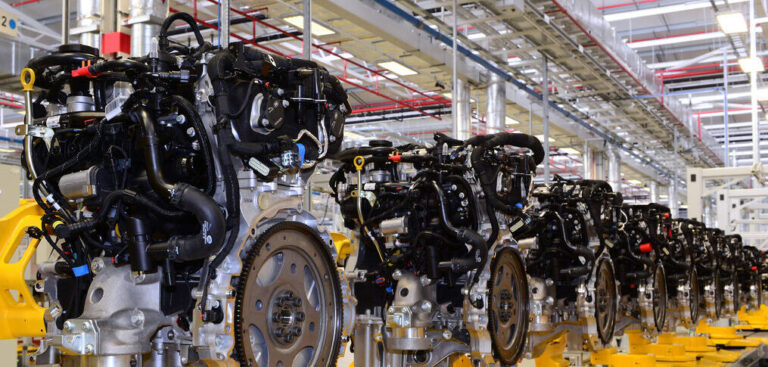Despite the matter appearing to be closed following a vote in February, the European Union’s move to ban the sale of ICE vehicles from 2035 (except for some low-volume manufacturers) has hit a stumbling block thanks to German lawmakers. The February vote was held by MEPs in the European Parliament but still needs to be formally endorsed by member states.
Ministers from EU nations were due to hold a final vote on the matter in early March, but that vote has been delayed now that Germany has raised concerns about provisions for the use of synthetic fuels post-2035.
German transportation minister Volker Wissing expressed misgivings that the goal of rapid decarbonization could be hindered by only concentrating on electrification while ignoring the potential for synthetic fuel in new and legacy vehicles.
It appears that the onus is now on the EU Commission to bring forward concrete proposals for how synthetic fuels will be accommodated, before the final vote takes place. There is also considerable resistance to the ICE ban from other EU members including Italy and Poland.
Meanwhile, in the UK, the conversation within government has also turned to synthetic fuels, hinting that even politicians are starting to question whether BEVs are the sole answer to the decarbonization question.
The latest report from the House of Commons Transport Committee, released in early March and addressing all areas of transportation including automotive, noted that “the potential of sustainable fuels – biofuels and synthetic fuels – has been overlooked (intentionally?) in this debate. The key benefit of these fuels is their ‘drop-in’ capabilities, meaning they are usable in existing vehicles. They can be engineered over time to improve efficiency and reduce particulates and other emissions while taking advantage of ever-more-efficient engine technology. They can also be blended with fossil fuels until production ramps up sufficiently to replace them.”
The report went on to pointedly note that “the side-lining of sustainable fuels is particularly marked in the arena of private cars, where in contradiction to its stated policy of technology neutrality, the government is currently succumbing to groupthink and putting all its eggs in one basket: battery EVs.”
Although the cross-party committee is unable to dictate policy, it is tasked with scrutinizing the Department of Transport and providing findings to which the government is obliged to respond. Given that one of the conclusions reached was that “the case for full electrification in private cars is ‘the received wisdom’, and therefore needs further scrutiny and investigation”, it could just be that the great decarbonization technology debate is heating up rather than being the done deal that many had assumed it was.
For more on legislation, please click here.


